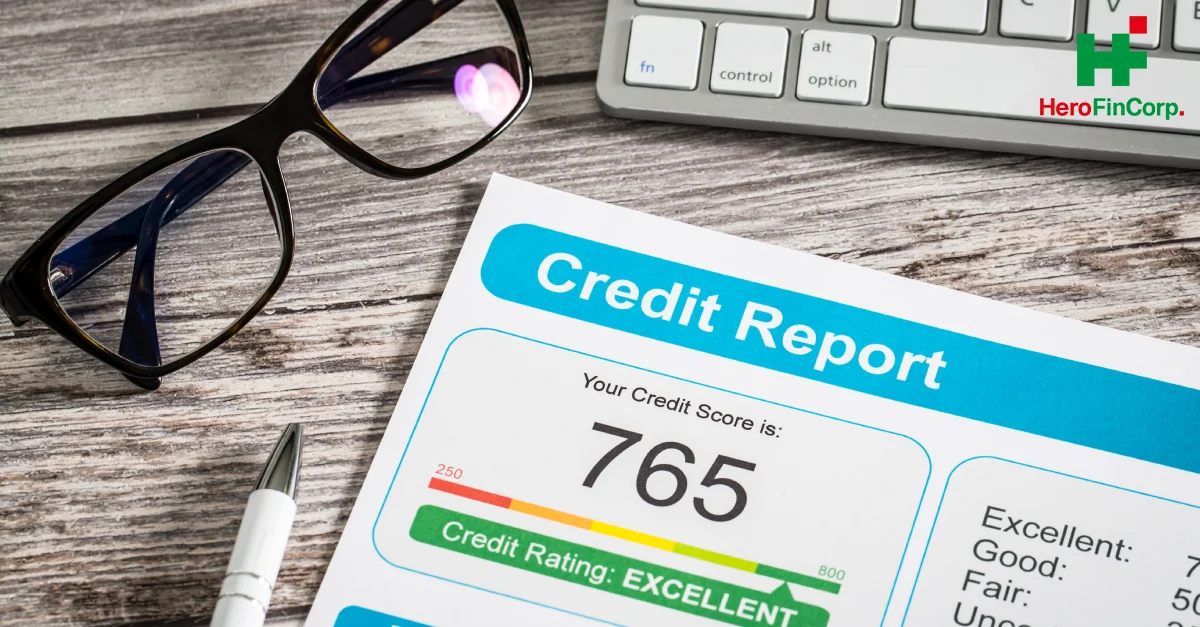If you are unfamiliar with personal finance and you may require a personal loan immediately, you will undoubtedly encounter the term “CIBIL score.”
Yes, when it comes to personal finance, your CIBIL score is your beacon. It draws attention to your financial potential and creditworthiness.
You may be navigating a unique financial journey if you’re Indian. Therefore, it is crucial to comprehend the meaning and operation of the CIBIL credit score.
This all-inclusive manual sets out to unravel the complexities of this crucial measure.
Now let’s examine the significance and workings of the CIBIL credit score in relation to India’s ever-changing financial environment.
Let’s attempt to define this statistic first, though.
What is the score for CIBIL?
The three-digit number that represents your CIBIL (Credit Information Bureau India Limited) score ranges from 300 to 900.
It evaluates your capacity to pay back loans and acts as a gauge of your creditworthiness.
Lenders such as banks and nonbank financial companies (NBFCs) perceive you more favourably the higher your CIBIL score, which can lead to better financial chances.
Which are the variables that affect the CIBIL score?
Numerous factors, including the ones we list here, are taken into account while calculating the CIBIL Score.
History of Repayment
Your score is greatly impacted by timely loan and credit card payments.
Use of Credit
Maintaining reasonable credit card balances raises your credit score.
Mix of Credit
Your score can be raised by having a variety of credit kinds, including loans and credit cards.
Length of Credit
A longer credit history raises your score and demonstrates responsible credit conduct.
Fresh Credit Requests
Applying for new credit frequently in a short period of time will lower your score.
How Does Your CIBIL Score Work? What are its different functions?
The CIBIL score has so many features; you will be amazed at them all. Among the many uses for the CIBIL Score are the following ones.
The approval of credit
To determine your creditworthiness and affect the approval of credit cards and loans, lenders utilize your CIBIL Score.
Interest Rates
The cost of borrowing is lessened when a better score results in lower interest rates.
Maximum Credit Amount and Limit
Financial flexibility can be obtained by having a high score, which frequently results in higher credit limits and loan amounts.
Loan Conditions
People with greater CIBIL Scores might be eligible for better terms and conditions from lenders.
How Can Your CIBIL Score Be Raised?
There are practical actions you can do to improve your CIBIL score and open up new opportunities that come with a higher score, so don’t give up if the idea of having an excellent credit profile seems far off.
It is possible to raise your credit score above 750 and open up new financial prospects for you.
Check for errors in your credit report
To find any errors, it’s imperative to regularly review your credit report.
Your credit score may be impacted if your credit reports accidentally include information on a debt that you have already paid back.
Be alert; if you identify these mistakes, you may contact credit bureaus to have the relevant information corrected, which will guarantee that your credit score fairly represents your financial conduct.
Prompt Repayment
Repayment of all loans, bills, and other debts on time and consistently is the cornerstone of a responsible and creditworthy image.
You also need to pay off any unpaid payments or balances.
This is a feature that banks take into consideration when evaluating your loan applications and setting the interest rates that are given.
Fulfilling your payback commitments enhances your creditworthiness and shows that you are a reliable financial partner.
Calculated Loan Repayment Schedules
Although the temptation to pay off loans faster is strong, when uncertainty is present, think about choosing lengthier loan repayment terms.
By choosing longer repayment terms, one can reduce the chance of default by choosing smaller monthly amounts.
A consistent repayment plan strengthens your credit report and validates your capacity for responsible credit management.
Maintain Your Older Credit Cards
Even if novelty calls, delay throwing away your older credit cards.
It makes sense to keep old credit cards, particularly ones that have a good credit history.
Your older credit cards are seen by lenders as evidence of your sound financial management, which increases your credibility as a trustworthy borrower.
Credit Inquiries at a Minimum
Making new loan queries while you are already repaying numerous loans and credit card bills is a sign of a precarious financial state.
It follows that there will likely be a decline in your credibility as a borrower. Consequently, your CIBIL score also drops.
Thus, your CIBIL score will stay high if you don’t submit any more loan applications or credit queries.
Keep Your Credit Limit Full
Never use up all of your available credit, whether it be a credit card balance or a line of credit that you are currently drawing on.
Your credit score will gradually rise if you maintain some balance and begin repaying the remaining amount in a responsible manner.
Accepting these doable steps can start you on a transforming path to improve your CIBIL score.


